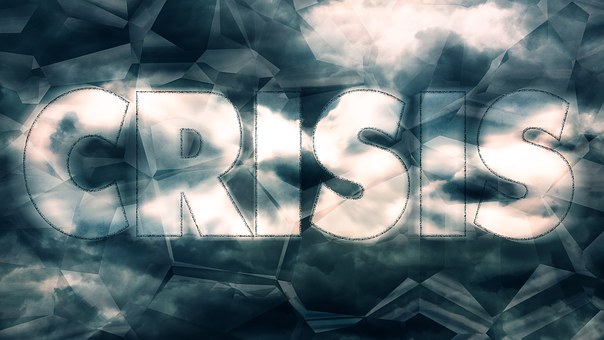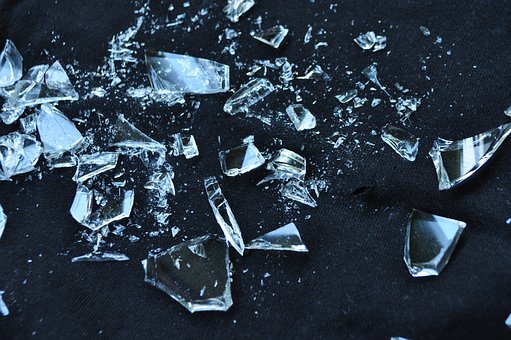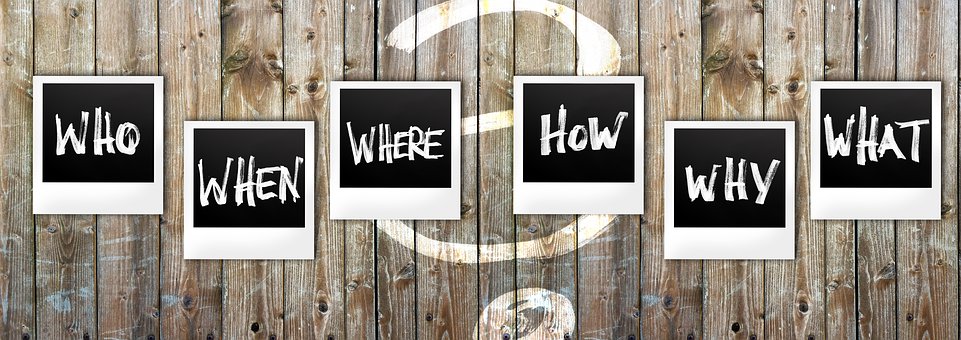Image Credit to Ling Languages – https://ling-app.com
What if the odds a woman will get breast cancer in her lifetime dropped from 1:8 to 1:800?
In my opinion, there’s too much breast cancer. Period.
I don’t think you would disagree.
Let’s review risk factors, shall we? (2)
- Being a woman
- Age (risk goes up as you get older)
- Family history
- Genetics
- Personal history of breast cancer
- Radiation to chest or face before age 30
- Certain benign breast changes
- Race/ethnicity
- Being overweight
- Pregnancy history
- Breastfeeding history
- Menstrual history
- Using HRT (hormone replacement therapy)
- Drinking alcohol
- Dense breasts
- Lack of exercise
- Smoking

We’re reeling from a global tsunami and epidemic of breast cancer.
We have early detection, wider access to screening, 3-D mammography, automated breast ultrasound, and treatment that improves almost weekly in its effectiveness.
I’m eternally grateful for all of those things. We need all of them. You and I may not be here without them.
We also need a cure for metastatic breast cancer, and until then, access to drugs that render metastatic breast cancer a chronic disease, manageable for life.
But at the end of the day, what we really, truly, desperately need?
We need to find the CAUSE.
When we find the cause, it opens the door to knowing how to PREVENT breast cancer.
We can learn what to avoid or adopt. We can out-smart it. Side-step it. Out-run it.
We’d still need early detection and treatment, but there would be FAR LESS to detect and treat.
What if the odds a woman will get breast cancer in her lifetime dropped from 1:8 to 1:800?
Imagine the impact of that.

Something is Horribly Broken
Where is all the breast cancer coming from? What’s driving it?
The environment? Food? Water? Air? Plastic? Car exhaust? Chemicals? Nail polish?
If you’ve read anything about “the cause”, you’ll note that many of those have been implicated. But currently, most mainstream information points to a combination of genetic makeup, lifestyle behaviors and environment – nothing definite. (3)
Luckily, there are organizations who’ve taken up the cause to find the cause.
Silent Spring Institute
Silent Spring Institute is a mission-driven scientific research organization dedicated to uncovering the environmental causes of breast cancer.
Find The Cause Breast Cancer Foundation
The mission of Find The Cause Breast Cancer Foundation is to fund scientific research on the environmental causes of breast cancer and educate the public on prevention.
Breast Cancer Prevention Partners
Breast Cancer Prevention Partners is a science-based advocacy organization that works to prevent breast cancer by eliminating exposure to toxic chemicals and radiation.
I live for the day when we can celebrate freedom from the fear of breast cancer.
Fear of an initial diagnosis. Fear of recurrence. Fear of metastasis. Fear of our friends and family dying.
And when that day arrives? Brace yourself for the celebration.
It will be epic.
_____________________________
Thanks for reading my blog post!
I help post-treatment survivors of hormone-positive breast cancer end food fear, confusion and overwhelm, eat without stress and guilt, and rebuild their health so they can do the things they enjoy with the people they love.
I’m a registered dietitian, personal trainer, nutrition therapist and coach, speaker, and survivor of hormone-positive breast cancer.
Ready for professional support to rebuild your health and gain peace of mind?
Click this link and watch my HEALTH REBUILD video!
Get my FREE Lifestyle Choices Matter! Get Started Guide here
Follow me on Instagram @hormone.breastcancer.dietitian
Sources


